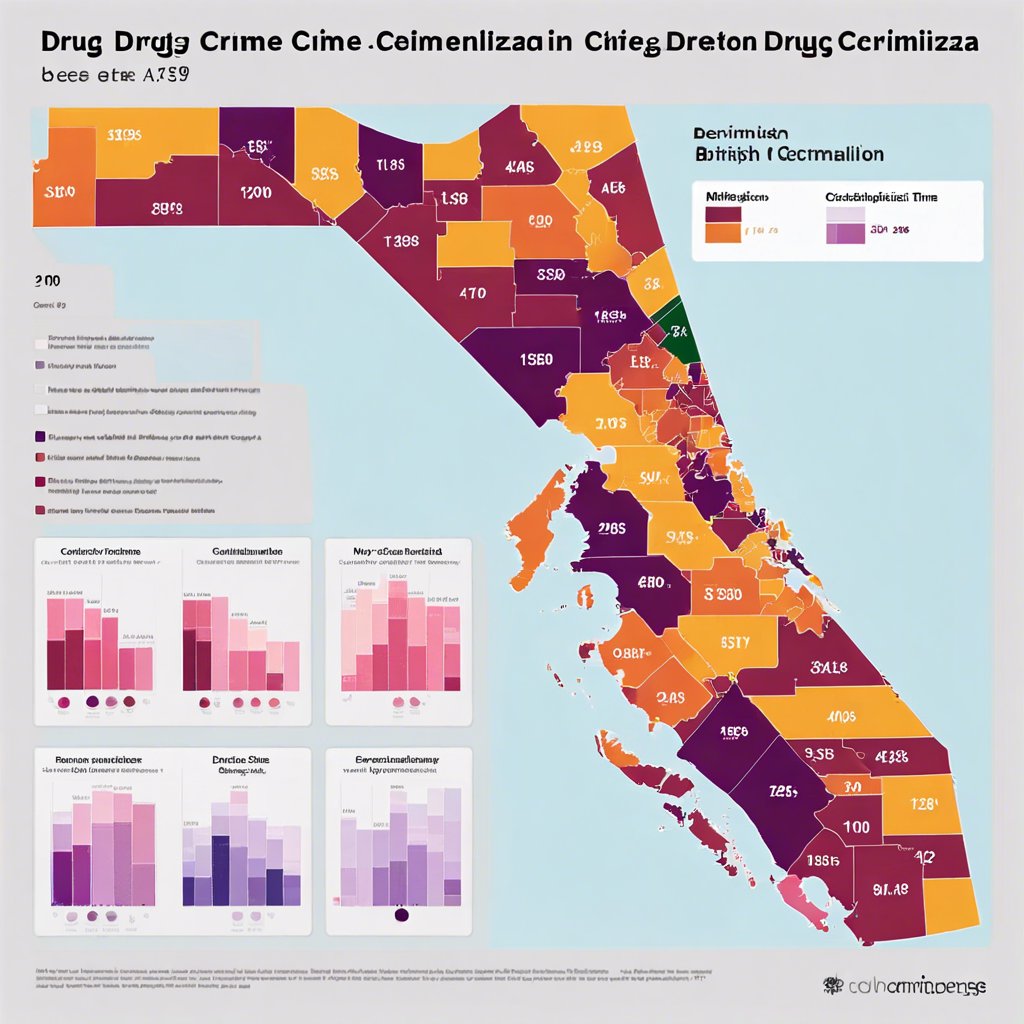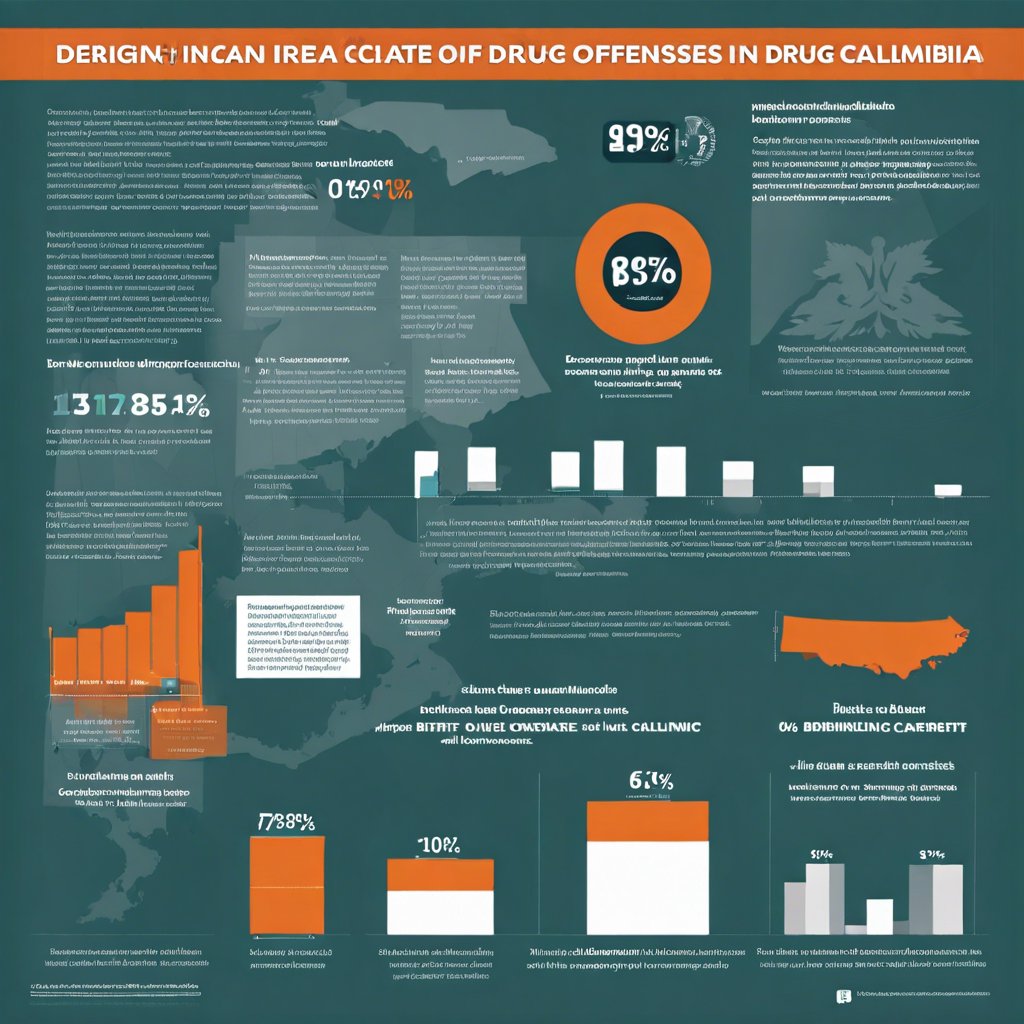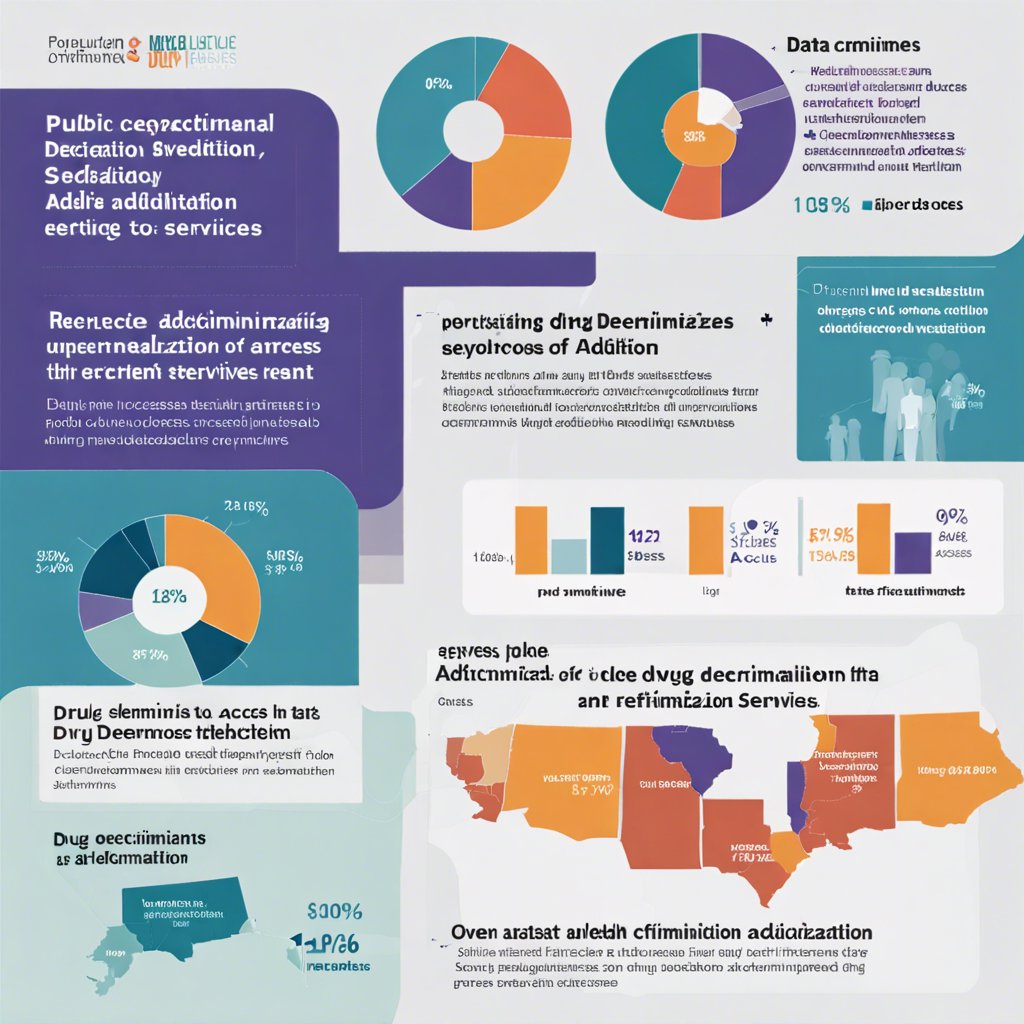The Story of Drug Decriminalization in British Columbia
The mood was cautiously optimistic and the message was simple: Drug decriminalization saves lives. Two years ago, British Columbia introduced a groundbreaking policy that aimed to change the approach towards drug use and possession.
People who used or carried small quantities of illegal drugs in plain sight would no longer face arrest in the province, which is at the heart of Canada’s opioid crisis. The policy was seen as a bold experiment, even for a region known for innovative addiction strategies. The public health officer expressed disbelief that the day had finally arrived.
However, the outcome of decriminalization has been different from what was expected. Instead of alleviating the opioid crisis, the policy has been criticized for exacerbating it. Public scenes of drug use and disorder on city streets have raised concerns among elected officials, critics, and even some initial supporters.
“Our goal was to save lives,” stated British Columbia’s premier, David Eby. “But that compassion does not mean that anything goes. Safety remains a top priority.”
In response to the growing challenges, in May, the federal government approved a request to reverse the decriminalization policy. Once again, public drug use and possession became illegal in British Columbia.
The Downtown Eastside in Vancouver, one of the areas most impacted by the opioid crisis, struggled with increased crime associated with drug users.















